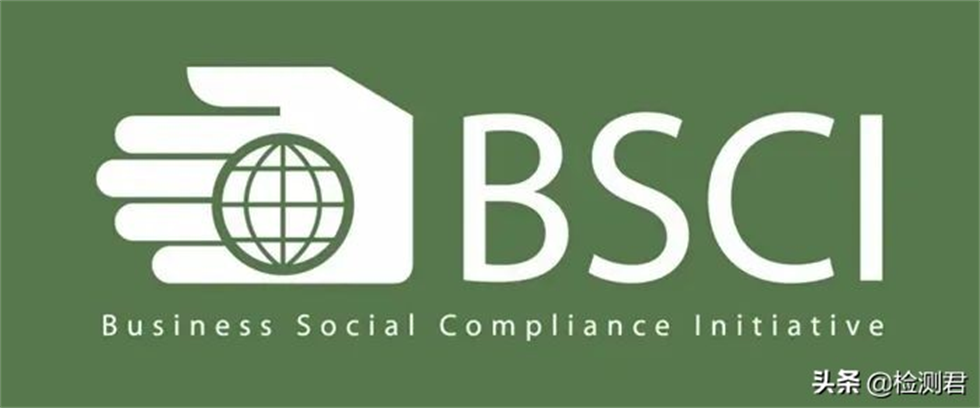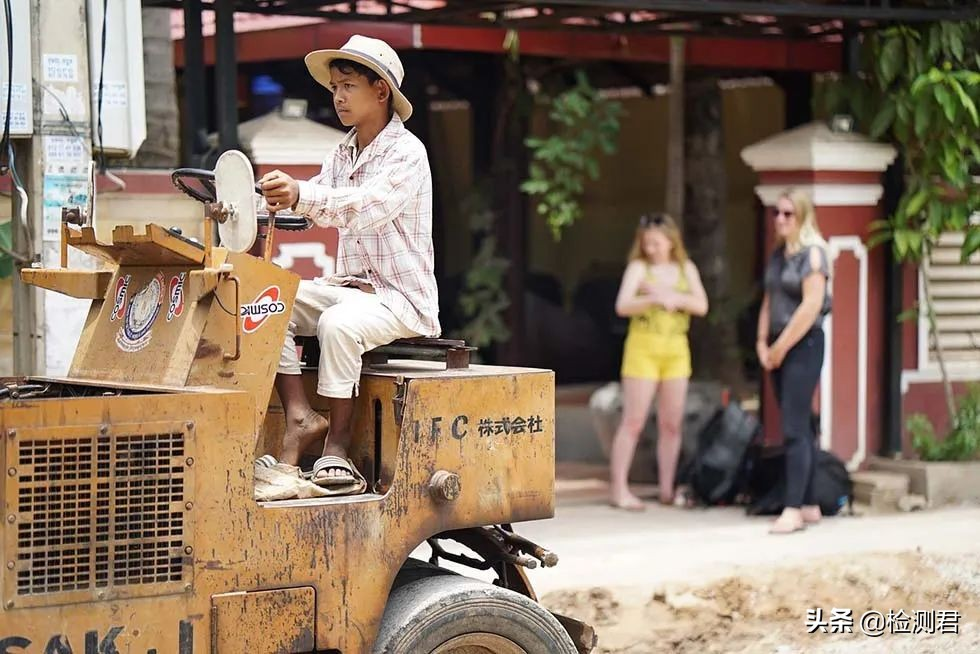BSCI audit is a type of social responsibility audit. BSCI audit is also called BSCI factory audit, which is a type of human rights audit. Driven by the global economy, many customers hope to cooperate with suppliers for a long time and ensure that the factories are in normal operation and supply. They will actively promote suppliers from all over the world to accept BSCI factory audits to improve their human rights status. Improve social responsibility standards. BSCI social responsibility audit is one of the most recognized audit projects by customers.
1. Main content of BSCI audit
The BSCI audit is first to audit the business status of the supplier, and the supplier needs to prepare the corresponding materials. The documents involved in the audit include: supplier business license, supplier organization chart, plant area/plant floor plan, equipment list, records of employee deductions and disciplinary fines, and procedural documents for handling dangerous goods and emergencies, etc.
Followed by a series of investigations on the factory workshop site environment and fire safety, mainly including:
1. Fire fighting equipment, fire extinguishers and their installation places
2. Emergency exits, escape routes and their markings/signs
3. Questions about security protection: equipment, personnel and training, etc.
4. Machinery, electrical equipment and generators
5. Steam generator and steam discharge pipe
6. Room temperature, ventilation and lighting
7. General cleanliness and hygiene
8. Sanitary facilities (toilet, toilet and drinking water facilities)
9. Necessary welfare and amenities such as: wards, first aid kits, eating areas, coffee/tea areas, child care homes, etc.
10. Dormitory/canteen situation (if provided to employees)
Finally, random inspections of employees are conducted, interviews and records are conducted on a series of issues such as workshop safety protection, welfare benefits, and overtime hours in the factory, to check whether there is child labor in the factory, whether there is discrimination, employee wages, and working hours.
2. The key in BSCI audit: zero tolerance issue
1. Child labor
Child labor: workers under the age of 16 (different regions have different age standards, such as 15 in Hong Kong);
Minor employees: Workers under the age of 18 are subjected to harsh forms of illegal labor;
2. Forced labor and inhumane treatment
Not allowing workers to leave the workplace (workshop) of their own accord, including forcing them to work overtime against their will;
Use violence or threats of violence to intimidate workers and force them to work;
Inhuman or degrading treatment, corporal punishment (including sexual violence), mental or physical coercion and/or verbal abuse;
3. Three-in-one problem
The production workshop, warehouse, and dormitory are in the same building;
4. Occupational health and safety
Occupational health and safety violations that pose an imminent and major threat to the health, safety and/or life of workers;
5. Unethical business practices
Attempt to bribe auditors;
Deliberately making false statements in the supply chain (such as concealing the production floor).
If the above problems are discovered during the audit process, and the facts prove to be true, they are regarded as zero-tolerance problems.
3. Rating and validity period of BSCI audit results
Grade A (Excellent), 85%<Conformance rate≤100%Grade B (Good), 70%<Conformance rate≤85Grade C (Acceptable), 50%<Conformance rate≤70%Grade D (Insufficient), 30%< Compliance rate ≤ 50% Class E (unacceptable), 0% ≤ compliance rate ≤ 30%
Under normal circumstances, if you get a C grade, you will pass, and the validity period is 1 year. Class A and Class B are valid for 2 years and face the risk of being randomly checked. Class D is generally regarded as failing, and there are a few customers who can approve it. Grade E and zero tolerance issues are both a fail.
4. BSCI review application conditions
1. The BSCI application is an invitation-only system. Your client must be one of the BSCI members. If not, you can find a professional consulting agency to recommend a BSCI member. Please communicate with customers in advance; 3. All audit applications must be submitted to the BSCI database, and the audit can only be conducted by the customer’s authorization.
5. BSCI audit process
Contact the authorized notary bank——Fill out the BSCI audit application form——Payment——Waiting for client authorization——Waiting for the notary bank to arrange the process——Preparing for the review——Formal review——Submit the review result to the BSCI database——Get account number and password to query BSCI Audit results.
6. BSCI audit recommendations
When receiving the customer’s request for BSCI factory inspection, please communicate with the customer in advance to confirm the following information: 1. What kind of result the customer accepts. 2. Which third-party inspection agency is accepted. 3. Whether the customer is a BSCI member buyer. 4. Whether the customer can authorize it. After confirming the above information, it is recommended to prepare the site one month in advance to ensure that the materials are properly prepared. Only with adequate preparations can we successfully pass the BSCI factory audit. In addition, BSCI audits must seek professional third-party inspection agencies, otherwise they may face the risk of subsequent BSCI account DBID deletion.
Post time: Sep-01-2022







